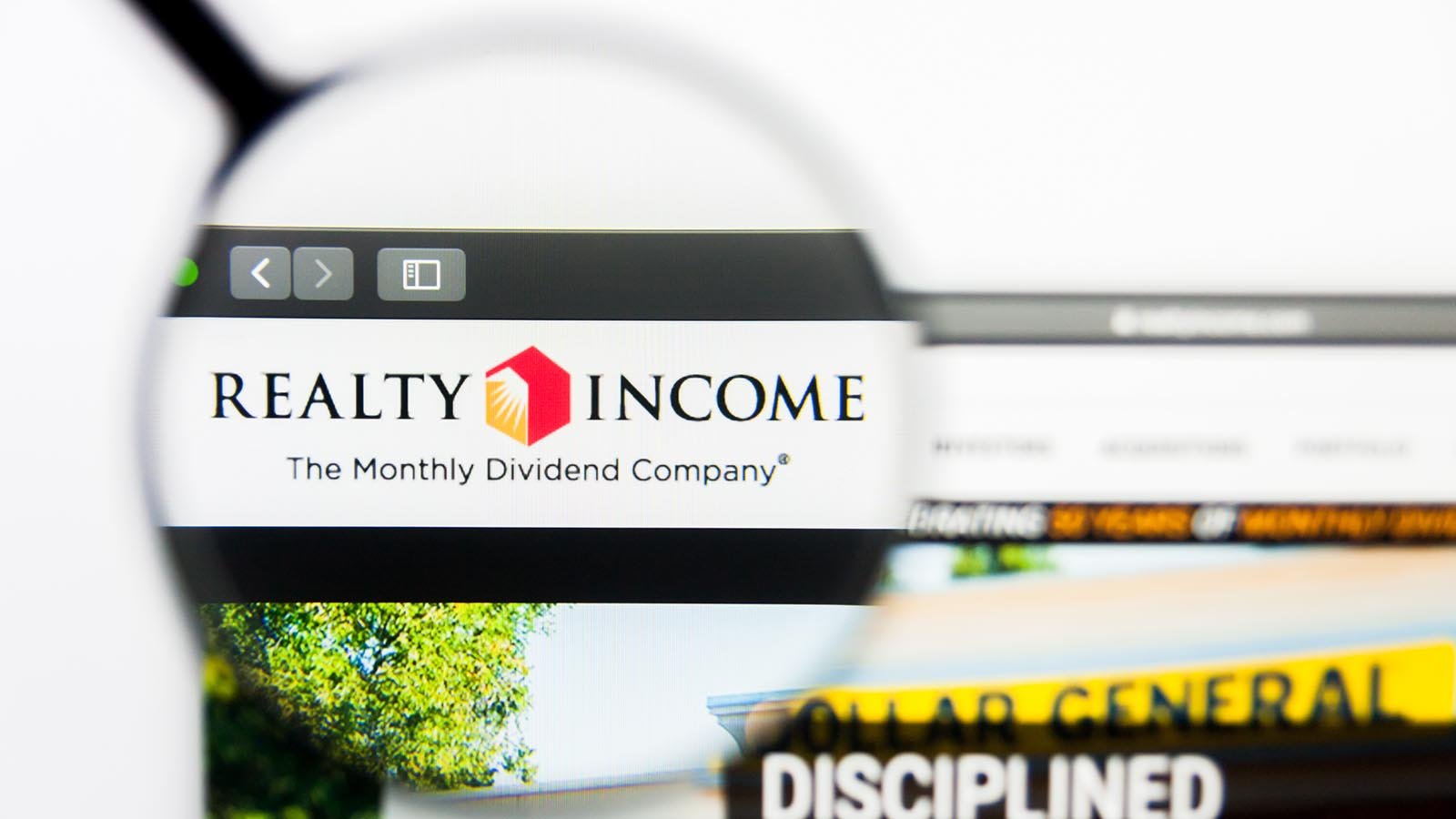Many investors have taken the view that the novel coronavirus has killed off the brick-and-mortar retail sector. And in doing so, the lockdown orders have also crushed all the real estate investment trusts that invest in commercial property. But one REIT in the space, Realty Income (NYSE:O) has bounced back. Reality Income stock is up 58% off its recent lows.

While most REITs are still struggling for any signs of a turnaround, Realty Income has impressed investors. There are two main reasons for this. One, its tenants are an unusually sturdy group of companies within the retail space. And secondly, Realty Income stock has managed to keep its storied dividend intact at a time when many other REITs had to slash their payouts.
So, is Realty Income stock still worth buying today? It’s definitely one of the more attractive names within the retail REIT space. As for whether it’s a buy right now, that comes down to your view of the economic recovery and interest rates.
Strong Tenants
While the pandemic has caused unbelievable pain across much of the REIT sector, Realty Income has weathered the storm. That’s in large part due to the strength of its tenants. The majority of Realty Income’s top tenants have an investment-grade credit rating and its top five largest renters in particular are an impressive bunch. Realty Income’s top five by annual rent goes as follows:
You may notice a common theme in these tenants: They’re all well-positioned for the coronavirus. Pharmacies are clearly essential services in this environment. Dollar stores appeal to folks who are being careful with their spending given the economic uncertainty. And FedEx is on a big upswing thanks to increased e-commerce demand.
To be sure, you can find some quibbles in Realty Income’s tenant line-up. AMC Holdings (NYSE:AMC) is in a difficult place right now. Realty Income also has some fitness clubs among its bigger counterparties. On the balance, however, Realty Income is in a far better place than your average mall or shopping center REIT.
Can Realty Income Stand Apart?
One concern for Realty Income is those other REITs I just mentioned. While Realty Income has a strong tenant lineup, many malls and shopping centers are on life support. Mall operator CBL & Associates (NYSE:CBL) is on the verge of bankruptcy, and rival Washington Prime (NYSE:WPG) isn’t far behind. Many of the shopping center stocks are down 50% on the year as well.
As their flailing department stores, apparel outlets, and other such businesses go bust, it will free up a ton of retail space. When you have more supply of something – in this case commercial real estate – prices should go down. Realty Income has done well in previous recessions. However, this is a different issue; brick-and-mortar retail is in secular decline and surviving tenants can demand lower rents as space frees up.
Only time will tell how resilient Realty Income’s properties are as many other weaker competitors continue to lose their occupants.
Interest Rates Are The Elephant In The Room
The retail apocalypse is a well-known trend at this point. However, Realty Income investors should also consider the outlook for interest rates. Over the past 30 years, REITs have benefited from the same factor, lower interest rates, as bonds. The dividend yield off O stock becomes more and more valuable as other yields drop.
When certificates of deposit and treasury bonds pay out almost nothing, investors are willing to accept a lower dividend on their REITs as well.
Realty Income has been a star performer due to this trend. Back in 2000, Realty Income stock yielded almost 10%. Now the yield is at 4.6%. Investors in the past enjoyed a huge run-up in the stock price as subsequent buyers accepted a lower and lower dividend yield. However, it’s worth asking for much farther this trend can still run. Potentially O stock’s yield could fall to 3% or even 2%, causing ever higher stock prices along the way.
But there’s also the chance that interest rates go up, which in turn could cause a correction. For example, let’s say that the 10-year yield went back from the present 0.6% up to 2%. In turn, investors might push up Realty Income’s yield from 4.5% to 6% to adjust for the higher interest rate situation.
The problem is at a 6% yield, O stock would only be worth $47 share. That’s a sizable decline from the current $62 price. If you’re buying Realty Income here, you have to hoping that interest rates stay low for an extended period.
Realty Income Stock Verdict
With a 52-week range of $43 to $80 per share, Realty Income stock is near its halfway point for the year at $60. That seems reasonable. Realty Income represents a prime battleground for two of the market’s biggest questions right now: Will the retail sector recover, and where are interest rates headed?
If rates keep declining and the economy quickly bounces back from Covid-19, Realty Income will be a huge winner. Conversely, if rates spike and the economy double dips, Realty Income stock would get pummeled.
What’s my take? I doubt interest rates are going to surge in the near-term. And while the virus is far from over, it seems that things are trending in the right direction. For example, daily foot traffic to stores is down 20% now, which is still bad, but far better than it was this spring.
Thus, while I’m not aggressively bullish on Realty Income stock here, odds favor it moving higher in coming months. In any case, unless the recession gets much worse, the dividend looks safe for the time being. And that’s cheerful news for the company’s income investors.
Ian Bezek has written more than 1,000 articles for InvestorPlace.com and Seeking Alpha. He also worked as a Junior Analyst for Kerrisdale Capital, a $300 million New York City-based hedge fund. You can reach him on Twitter at @irbezek. At the time of this writing, he owned WBA and FDX stock.
